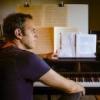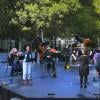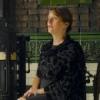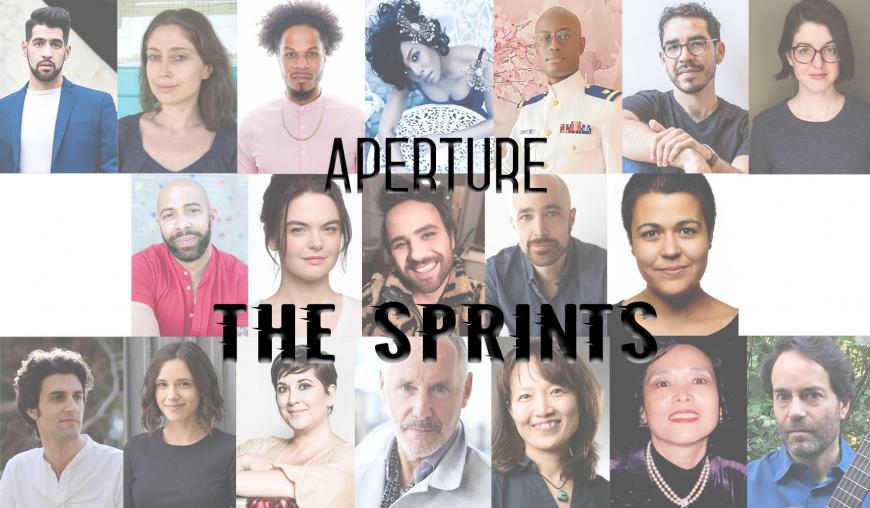
When West Edge Opera’s artistic leadership looks back on what they did during the summer of 2020, they’ll be bragging. Turning the moment decisively in their favor, the company without a home theater has seeded American opera with almost two dozen new operatic projects in development through their Aperture program.
And as the first year of the program comes to an end, and the decision approaches on which composer-librettist team will get the $60,000 commission from West Edge (with an announcement scheduled for the end of the West Edge Festival, August 5), the emphasis is on how much good work has already been done, ways of continuing toward a second commission, and farming out all these new operas in gestation to other companies in the West (and beyond) so that the bounty will spread throughout the country.
Of course, the overwhelming response was partly a result of the constraints of the pandemic — librettist Mark Campbell reports that 25 projects of his were canceled that year — but Artistic Director Mark Streshinsky also made use of his contacts, bringing in Campbell and a few others to jumpstart Aperture. And as we reported as the program was beginning, the list of people who agreed to participate included a number of highly experienced professionals and highly promising new voices.
Out of the original 22 proposals, eight were chosen to be part of two different “sprints” — three-month-long development periods, the second of which ends July 31, in which the composers and librettists developed the initial idea, wrote some sample scenes, and discussed their ideas with other creative teams and with the Aperture panel of curators. All the while, subscribers to the Aperture website have been able to follow all this intimate, behind-the-scenes work, watching the process of actually putting together an opera. It has been one of the most absorbing things I’ve witnessed during this past year of distanced artistic collaboration.
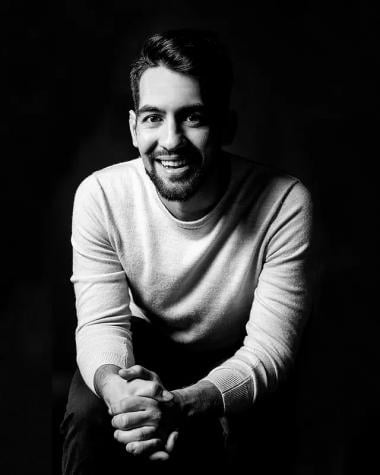
The projects chosen for the sprints were intentionally chosen for their diversity and represent an enormous range of styles and possibilities. Choosing a “winner” will not be easy. The finalists were:
L’Autre Moi by librettist Stephanie Fleischmann (upcoming operas at Santa Fe Opera, and Wien Modern) and composer Matthew Recio (Beth Morrison Projects, Chicago Opera Theater, Luzern Music Center). Gender-bending artists Claude Cahun and Marcel Moore stage “a massive covert resistance against the Nazi occupation of Jersey Isle from 1941 to 1944.”
Shondj by librettist Takesha Meshé Kizart-Thomas (lyric-dramatic soprano) and composer Djoré Nance (Lafayette/Jefferson in Hamilton, also an operatic baritone). In Kizart-Thomas’s words, the story is about “the goddess of Lower Egypt, Wadjet, who finds herself embroiled in the politics of both the gods and the mortal world as she grapples with love and war among the heavens and on earth.”
Dolores by librettist Marella Martin Koch and composer Nicolas Lell Benavides (the team behind Gilberto, previewed at the 2020 Snapshot Festival, and Pepito, the animated opera released this spring). This is an opera about Dolores Huerta and her part in the civil rights era.
The School for Girls who Lost Everything in the Fire by librettist Christina Fries and composer Ryan Suleiman, graduate students at UC Davis, whose maiden effort, moon, bride, dogs was also previewed at the 2020 Snapshot Festival. The School for Girls is about a group of girls struggling to rebuild their lives after a fire destroyed their town.
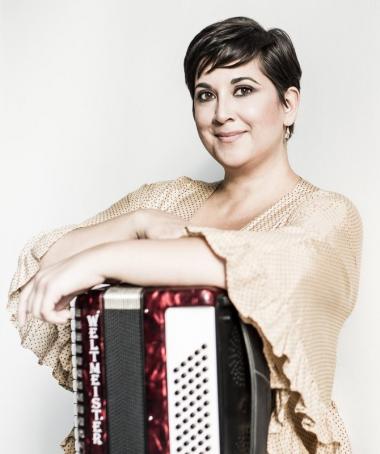
My Own Country by librettist Mark Campbell (Silent Night, As One, Elizabeth Cree, among others) and composer Kamala Sankaram (Thumbprint at the Prototype Festival). The opera is based on the memoir of Dr. Abraham Verghese, a physician of South-Asian descent who chronicled his work caring for HIV/AIDS patients in rural Tennessee.
The Battle of Atlanta by librettist Lila Palmer (Dead Equal) and composer Damien Geter, the pair behind American Apollo for Washington Opera (now scheduled to be expanded for Des Moines Opera, premiere in 2024). Characters step out of a famous historical cyclorama to tell the story of America’s evolution with race.
Pale Courage by Kyong Mee Choi (Roosevelt University, Chicago), based on a theatrical treatment by her aunt, Bianca Lee Johnson and libretto by Choi’s artistic collaborator Timothy Ernest Johnson. The true story of the composer’s grand aunt, who chose to starve to death rather than accept an arranged marriage, an act that fostered an independent spirit and active questioning among the women in Choi’s family.
Enclave, by librettist Zachary Altman (bass-baritone, first-time librettist) and musical theater composer Brian Lowdermilk (The Mad Ones). The opera is to be a “modern reimagining of the legend of Medea from the point of view of contemporary gender politics within complicated social networks and intergenerational conflicts.” The show is designed to be immersive, set in a nightclub.
For the West Edge team (Streshinsky, Music Director Jonathan Kuhner, program advisor and board member Brian Rosen, Director of Advancement Emilie Whelan) and the curator team (conductor Michael Morgan, conductor Mary Chun, performer/ dramaturg Leigh Rondon-Davis, and soprano Alexa Anderson) the program has succeeded beyond what they could have imagined
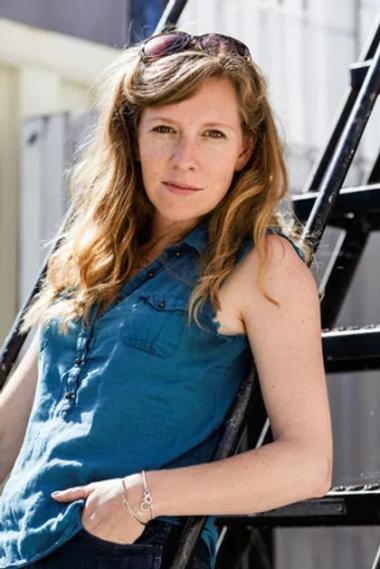
“We looked at 2020 as an opportunity to meet artists where they were,” says Whelan, “which at the time was at their home desks, writing through an exceptional time. Now we have eight amazing operas which, in my fantasy, would be on every opera company’s season announcement in 2023.”
Whelan attributes Aperture’s success partly to its openness.
I think an institution can make way for an artist to clear their throat and speak loudly, then I think you end up with abundance. And that’s what Aperture is doing. Instead of saying, “we have this whole way in which we like to produce works and we have a history with this kind of work and we’re presuming we know what our audience will like,” at Aperture we were like, “artists, what is your passion project?” And by leading with that we ended up with riches. And that’s because we put the artists first and allowed the audience to get into the front seat. This is what institutions are always navigating: They’re supposed to be advocates for artists connecting with audiences. But sometimes, the institution literally gets in the way of that happening. So how does the institution really connect the artist and their process to the audience that wants to support [that art]? That’s something that Aperture is doing successfully.”
Kamala Sankaram, composer of My Own Country, echoed Whelan in another interview, telling me, “One of the nice things about this particular development strategy is that all of these pieces came from the artists. And what that led to is that in our group (and the other group) there’s such a variety of perspectives and stories and creators. I haven’t seen anything like this before.”
The breadth of vision among the creatives pays added dividends, since all of the different writing teams in a “sprint” get to bounce ideas off each other. For librettist Mark Campbell, Aperture “has shown that we are a community and that we can learn from each other. We approach our projects in such different ways, but one thing I love is that I’m learning to steal from people that I’ve admired for a while. And there’s nothing wrong with some good stealing!”
The participants benefit from the varied expertise of the curators as well. For Rosen, himself a composer, this has been a point of pride. “Mary Chun [for example] has been invaluable, and an incredibly stabilizing and considerate voice when dealing with the artists. She and Emilie run the roundtable and, from the beginning we were telling everybody that the curators are a resource for them, and the artists were like ‘man, we wish we had taken that more seriously,’ because by the end they realized they could just email a team member and they would respond and have a video chat with them.”
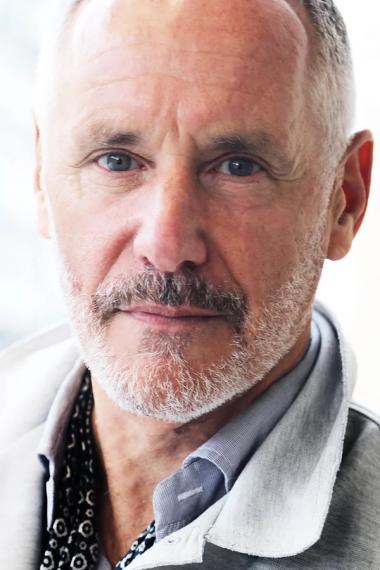
As Campbell testifies, the program has helped clarify things and has pushed things along, making the piece come into focus. “If we’ve learned anything from Broadway and Steve Sondheim, it’s how valuable reprises are. During this whole program of Aperture, I figured something out, which is the final scene with Abraham, Dr. Verghese, I’m going to have him quote from all the stories that he’s told, because it leads him to make a big decision in his life [to leave his practice in Tennessee]. Coming into Aperture, Kamala and I were discussing how we make this gorgeous, beautiful soul of Dr. Verghese, a human being, because he’s boring if he’s just a noble doctor. And Aperture has clarified for me what his journey is.”
And then there’s the audience to the normally shielded, back-room process of creation. For Sankaram, this has been difficult: “I’m actually kind of a private person. I don’t like talking about myself and I definitely don’t like taking pictures of myself.” But for Rosen, the benefit comes in getting a portion of the audience to engage with the new and unfamiliar. “When they go to see the opera, they have a relationship with it. Even if it’s music that they normally wouldn’t like if just hearing it once, now they’ll be more likely to invest in it, to listen to what it has to say and more open to new sounds.” It’s a choice that owes a lot to our media environment, he says.
“One of Mark’s initial visions, when we were first figuring this out, there was this quirky, older, funny comedian, Leslie Jordan, and every day he did a little video clip. And Mark said, ‘let’s make these daily snippet videos that you kind of look forward to.’”
“The thing that these smaller companies have been able to do,” Sankaram observes, “is to leverage younger audiences who are small donors but are more interested in contemporary work. And I think that a lot of the larger companies are starting to see this now, which is why they’re reaching out and doing smaller, black-box productions, [though] it hasn’t found its way into the funding model as a whole, yet. But I’m hopeful, because if there’s anything this last year has taught us, it’s that making works accessible online and finding different ways of reaching people actually does pay off.”
And now that the projects are hot, “We’re ready to go now,” Campbell says. “Kamala and I are so ready to start writing this damn opera.


